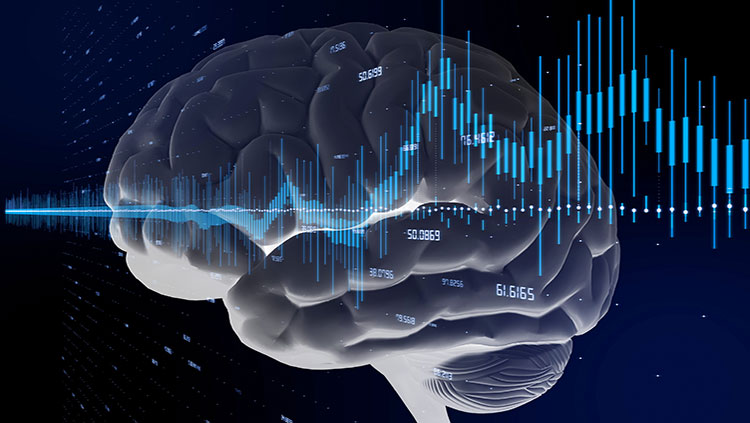Aging in Different Ways
- Published1 Apr 2012
- Reviewed1 Apr 2012
- Source BrainFacts/SfN
Neuroscientists believe that the brain can remain relatively healthy and full-functioning as it ages.
They have concluded that severe declines in memory, intelligence, verbal fluency, and other tasks reflect disease processes; they are not a part of normal aging. Researchers are investigating both the normal and abnormal changes that occur over time and their effect on reasoning and other intellectual activities.
The effects of age on brain function are subtle and very selective. They are not as severe as scientists once thought, and they do not include widespread cell loss. The mistaken belief that pronounced, progressive mental decline is an inevitable part of aging persists for several reasons. Until recently, scientists knew little about how the brain aged. This lack of knowledge applied both to the biology of aging itself as well as to its consequences for brain function. Second, because we are living longer, we have a much larger “sample” of people with normal age-related decline. In 1900, for example, the average life expectancy was about 47 years. At that time, three million people, or 4 percent of the population, were older than age 65, and they were typically in ill health. By 2007, life expectancy reached approximately 78 years, and today, more than 39 million people, or almost 13 percent of the population, are older than age 65.
That said, however, almost everyone gets a bit forgetful in old age, particularly in forming memories of recent events. For example, once most people reach their 70s, they may find themselves forgetting names, phone numbers, and where the car is parked more frequently. In addition, people might respond more slowly to conflicting information. These behaviors are not signs of disease. Rather, they are considered part of the normal aging process. There are, however, a small number of individuals whose mental functioning seems relatively unaffected by age. These people do well throughout life and continue to do well even when they are old, at least until shortly before death. In fact, the wisdom and experience of older people often make up for deficits in performance. The oldest known human, Jeanne Calment, kept her wits throughout her 122-year life span.
Unfortunately, some individuals do develop dementia, a progressive and severe impairment in mental function that interferes with the activities of daily living. The term dementia includes a number of different diseases, of which Alzheimer’s disease is the most common. Other dementias include cerebrovascular disease, Pick’s disease, and Lewy body disease. Together, the dementias affect as many as 6.8 million people in the U.S, and at least 1.8 million of those cases are severe.
CONTENT PROVIDED BY
BrainFacts/SfN
Also In Aging
Trending
Popular articles on BrainFacts.org






.jpg)










